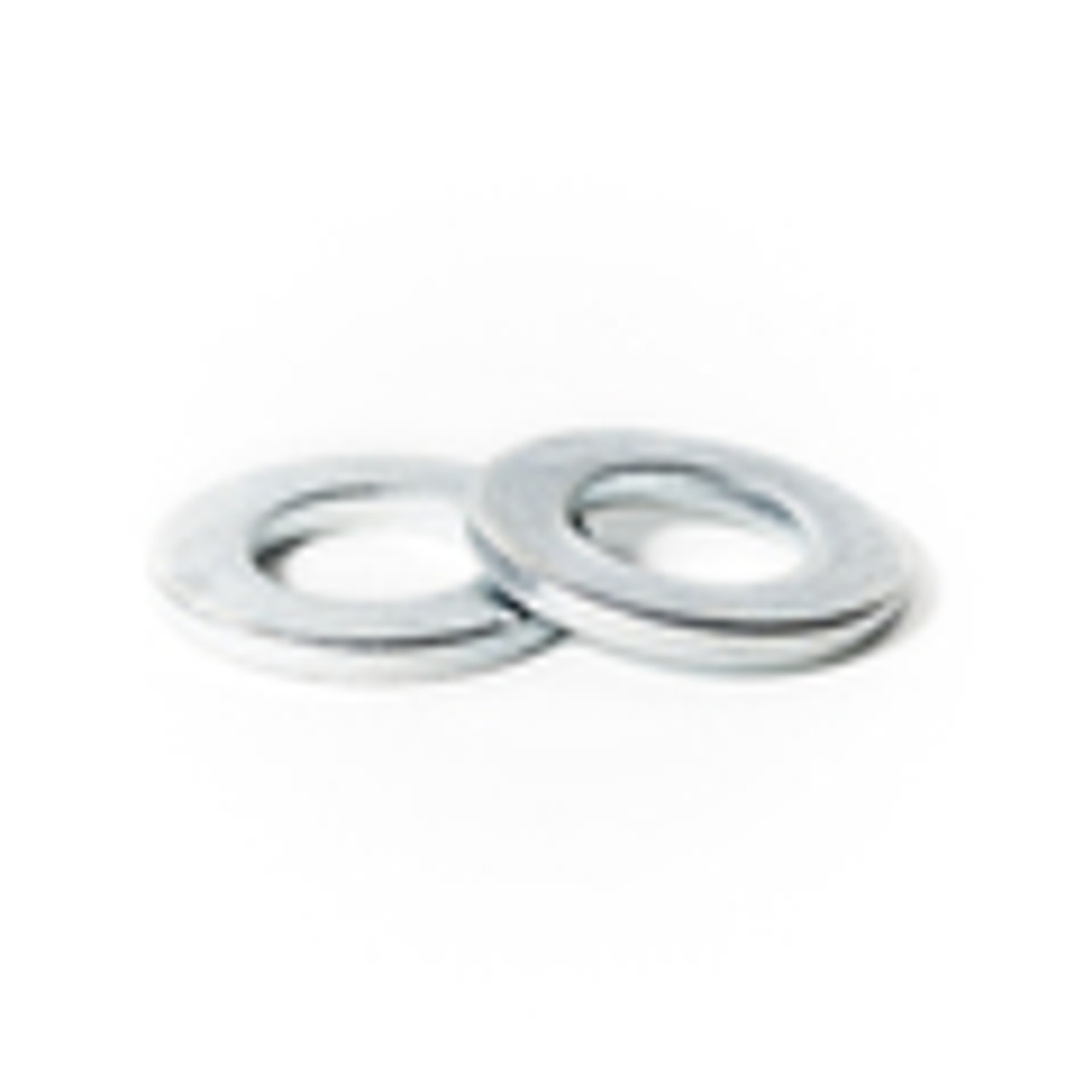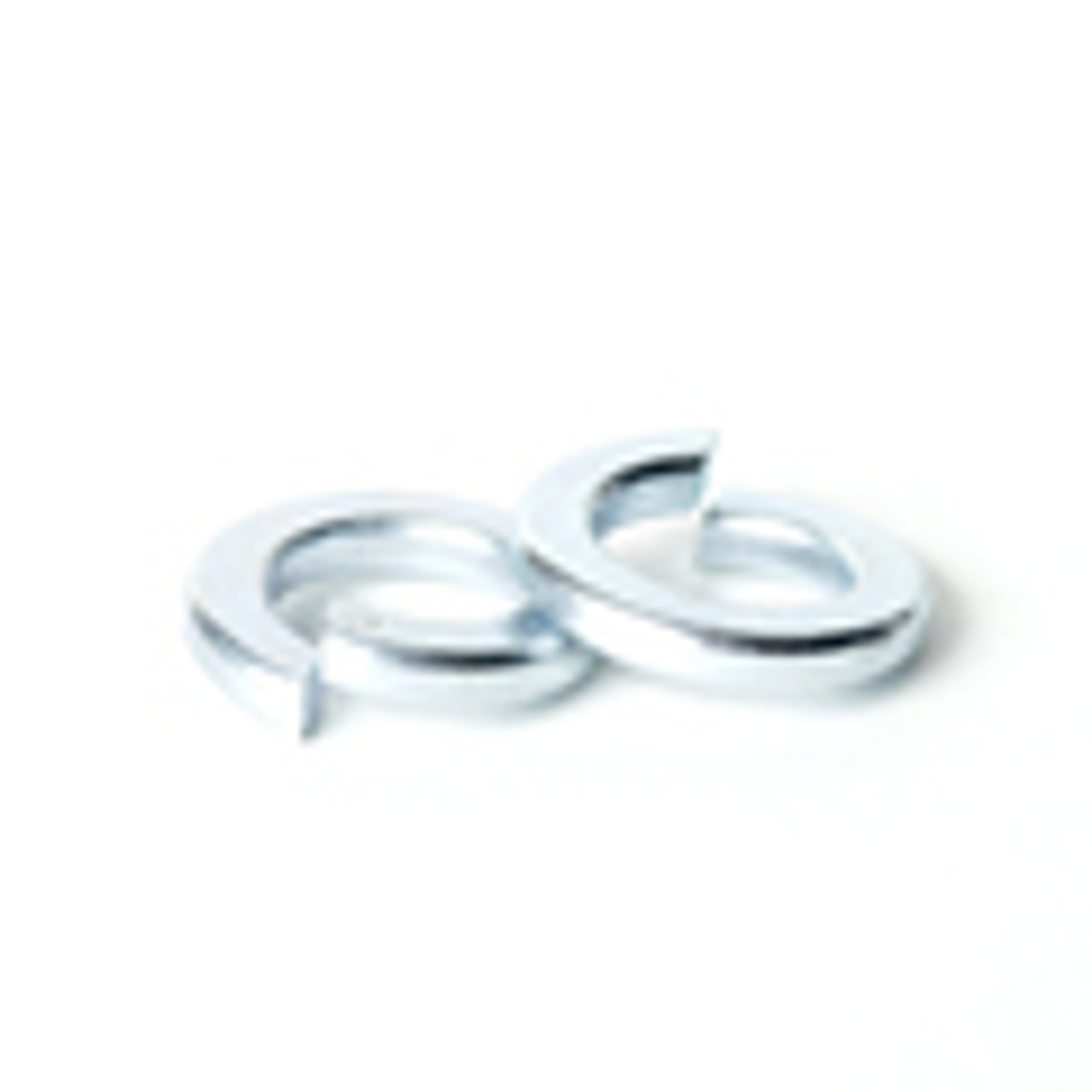Metric Washer Sizes and Dimensions
Metric washers are essential fasteners that come in standardized sizes to match metric bolts and nuts. These washers feature precise diameter measurements that correspond to common metric bolt sizes, ranging from M3 to M30 and beyond. The thickness of metric flat washers typically varies between 0.5mm to 6mm, depending on the specific application requirements. Penny washers, a popular type of metric washer, offer larger outer diameters to distribute load more effectively across surfaces. Understanding proper sizing ensures optimal performance - the inner diameter should accommodate the bolt shaft while the outer diameter provides adequate bearing surface. Metric washers enable proper fastener function by maintaining consistent spacing and preventing surface damage during installation.
Standard Specifications and Tolerances
Metric washers must meet strict international standards to ensure compatibility with metric fasteners and bolts. ISO 7089 and DIN 125 specifications define tolerances for flat washers, establishing precise measurements for diameter, thickness, and material properties. These standards commonly specify tolerance ranges of ±0.1mm for diameter and ±0.05mm for thickness on quality metric washers. The specifications also determine features like chamfered edges and surface finish requirements. Manufacturers must adhere to these tolerances to guarantee proper fit with metric nuts and bolts. Standard specifications enable interchangeability between different suppliers' washers, making them reliable accessories for various applications across automotive, construction, and industrial sectors.
FAQ
Metric washers are designed for metric fasteners and bolts, making them incompatible with imperial systems. The diameter measurements differ significantly between metric and imperial standards, preventing proper fit. Using metric flat washers with imperial bolts creates loose connections that compromise fastener integrity and performance.
Lock washers are preferred when fasteners experience vibration or dynamic loads, as they prevent loosening through mechanical action. Flat washers distribute load and protect surfaces but don't provide locking features. Choose lock washers for applications requiring secure connections, while metric flat washers work best for static load distribution.
Metric washers use millimeter measurements while imperial washers use inches, creating incompatible sizing systems. Metric flat washers feature diameter and thickness dimensions in metric units, designed specifically for metric bolts and nuts . The tolerance specifications, material standards, and manufacturing processes also differ between these two washer systems.
Metric washers are commonly manufactured from steel, stainless steel, brass, aluminum, and plastic materials. Steel washers offer strength for heavy-duty applications, while stainless steel provides corrosion resistance. Specialty materials like brass and aluminum serve specific environmental requirements. Material selection depends on application demands, with steel being most common for general fastener applications.


